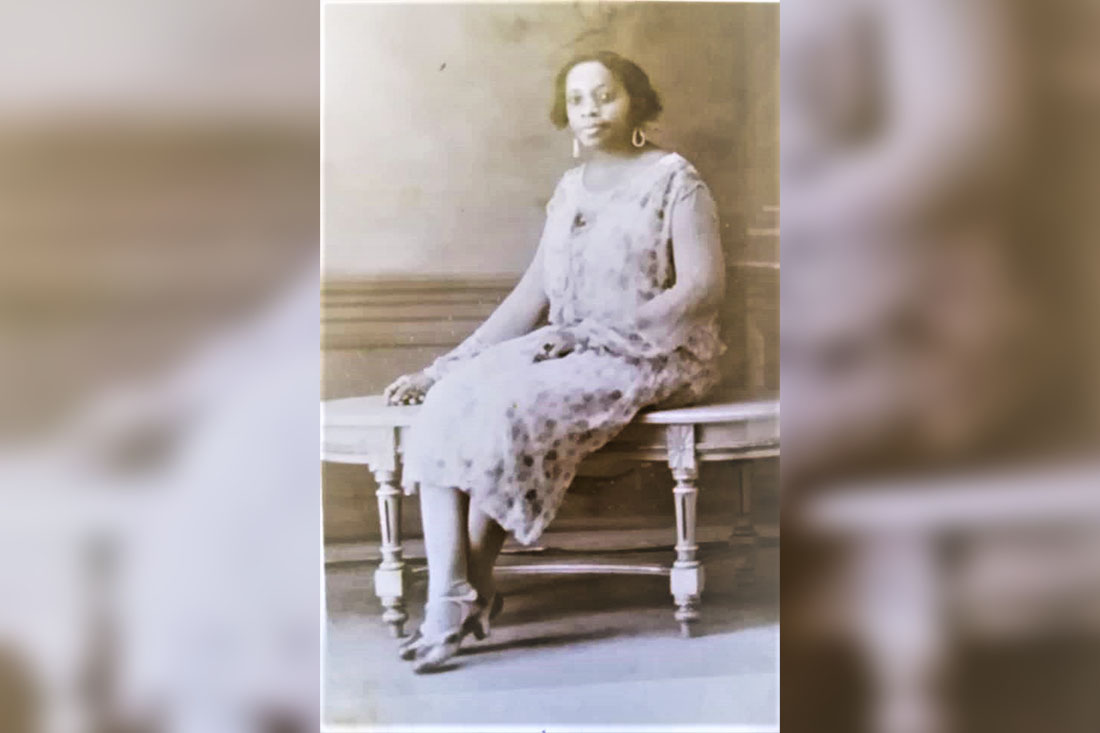In 1916, Cruz Angulo Verdesi became the first black woman to graduate with a PhD in Medicine from the University of Havana. She defied limits, discrimination, prejudice, poverty and established herself as the federal head of those who aspire to altruistic goals of service to others based on scientific knowledge.
Cruz Angulo entered the Secondary Education Institute of Puerto Príncipe in 1907, with outstanding grades, and completed these studies in 1911. On September 29th of the same year, she enrolled in the School of Medicine of the Faculty of Medicine and Pharmacy of the National University, located in Havana.
Thus, she was erected as a symbolic and real strength for all poor, black and excluded women in the country. Her congratulations for her achievements were manifested in all the Associations of Instruction and Recreation of blacks and mestizos in the capital and in Camagüey, as well as in the press.
The family of Dr. Cruz Angulo
From a very early date, her parents Coleto Angulo -saddler- and Clemencia Verdesi -dedicated to the “work of her genre”- established strategies for their children to surpass them by far, intellectually and in job performance.
Her first daughter, Crucita, already a doctor, was the owner of a house with a private practice, located in the so-called Cristina Palace on Lugareño Street No. 40 (low), where she consulted; and she lived upstairs. During her career, Cruz went through several stages, not only as a private practice doctor; but she also held professional positions such as head of Health in the Camagüey city, attention to gynecological diseases and obstetrics, and second head of Child Hygiene.
Cruz, journalist and politician
Since her student days, Cruz steadily developed a career as a journalist in local and national magazines in defense of social justice, anti-racism, ethnic unity, social inclusion, female self-emancipation, and scientific issues specific to her profession.
Between the years 1949-1950, Cruz Angulo is formalized in the Cuban Medical Directory as a gynecologist in Havana city, a town where she lived and provided her medical services until the end of her days.
This academic developed her professional life on a platform of action and counter-hegemonic thought, by promoting novel values that helped to break the foundations of racial discrimination fostered by exclusive and discriminatory contexts.
Example of Latin American medicine
In the context in which she had to practice, Cruz developed a preventive medicine from her hygiene consultations, children’s medicine, educational talks in different associations and publications in local and country magazines.
She established critical patterns of social conditions, such as marginalization and inherited customs of groups located in different positions within the power structure, establishing the dynamics of the health-disease process.
She complemented methods of analysis of the individual and social level, and demystified the hegemonic patterns in the praxis of a medicine of a social nature.
Despite the fact that until today her place of eternal rest remains unknown, she receives our recognition for her perpetual challenge and example.
Translated by: Aileen Álvarez García






